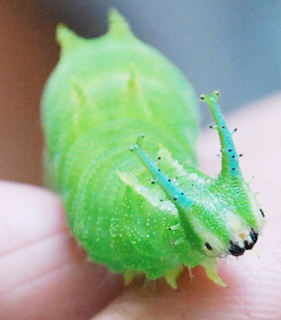The Bravest Thing
When you're writing a novel, it's like this living thing that you're constantly nurturing and developing.
And then when it's over, it's done. No more life. Everything is now in past tense.
In a crazy way, it's like the death of a friend.
You have the finished work, but you're no longer actively creating it, and so it's not living and breathing anymore.
It's a little like watching videos of your friend—the record of the life is there, and you enjoy that, but there will never be any new records, because there will never be any new life.
You don't have that kind of relationship with a book you're simply reading, because you're not the one creating it. You're free to let someone else's story unfold in front of your eyes, a wondrous tale that is fresh and new because you don't yet know all of it. And then when it's over, you'll never again read it for the first time, but you can revisit it however often you want, just like you can sit on a friend's porch and have a good chat about old times.
With a book you're writing, it feels like the opposite. You do know the full tale, or most of it. There are some things that take you by surprise even as you're setting the words to paper, but for the most part you know where you're going. But the life of the thing is in the telling of it; and once it is told, it is no longer alive.
More Than Rubies has the most wonderful song about grief, called The Bravest Thing.
"You're gonna want to rush through this," Ellie Holcomb sings. "You're gonna try to move on. People will praise you for being resilient. They'll say you're so brave and so strong... But if I could go back, oh, I'd let myself feel all the things before letting them go."
"Speak little," the chorus goes, "in the middle of the pain. Listen deeply. You don't have to be OK. Put your hand on your chest and just let your broken heart breathe. It's the bravest thing."
"You're gonna want to control this, hide it down deep in your soul," says the second verse. "But when grief washes through you with salt water tears, you might find your heart's lined with gold."
I find, inexplicably, that I'm grieving. I don't understand it, but I recognize the symptoms.
And I do see how it would be hard for me that my very real (to me) characters are no longer extant. They don't talk to me in the same way. They don't come to me anymore and tap me on the shoulder and let me know that they have strong opinions about the part they have to play.
They no longer breathe.
They're satisfied, most of them. It's like they went to character heaven, and their lives go on in an eternal way—a way that no longer affects me.
Ellie Holcomb sings, "And on the days when the sadness comes crashing like a tidal wave, say to your heart, 'I know this is hard. Let it come today.' Speak little..."
This is one of those days.
Grief is like that; you don't get a choice. You can try to suppress it for another, more convenient time—and it won't, ever, be a more convenient time to grieve.
Or you can just let it come today.


Comments
Post a Comment